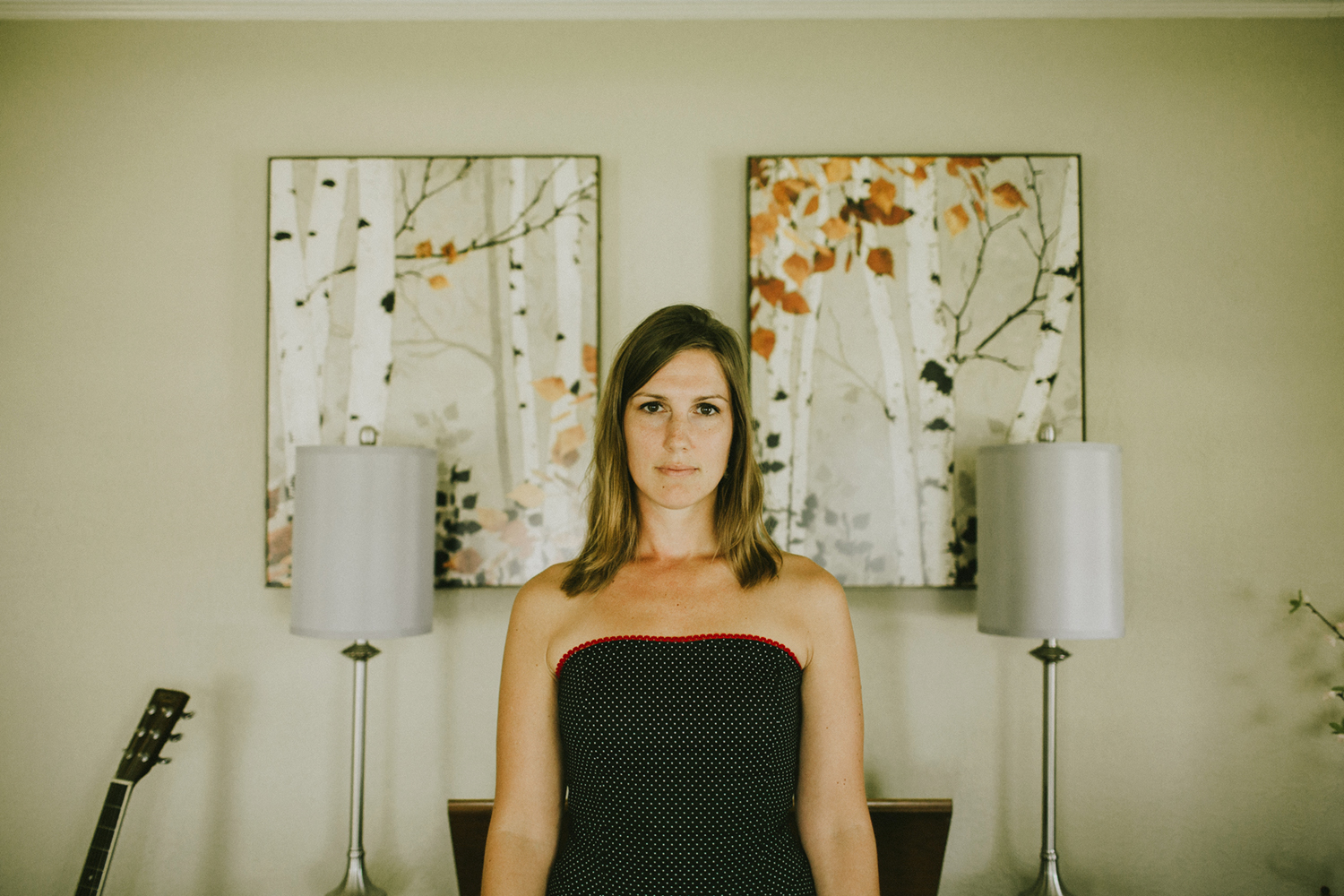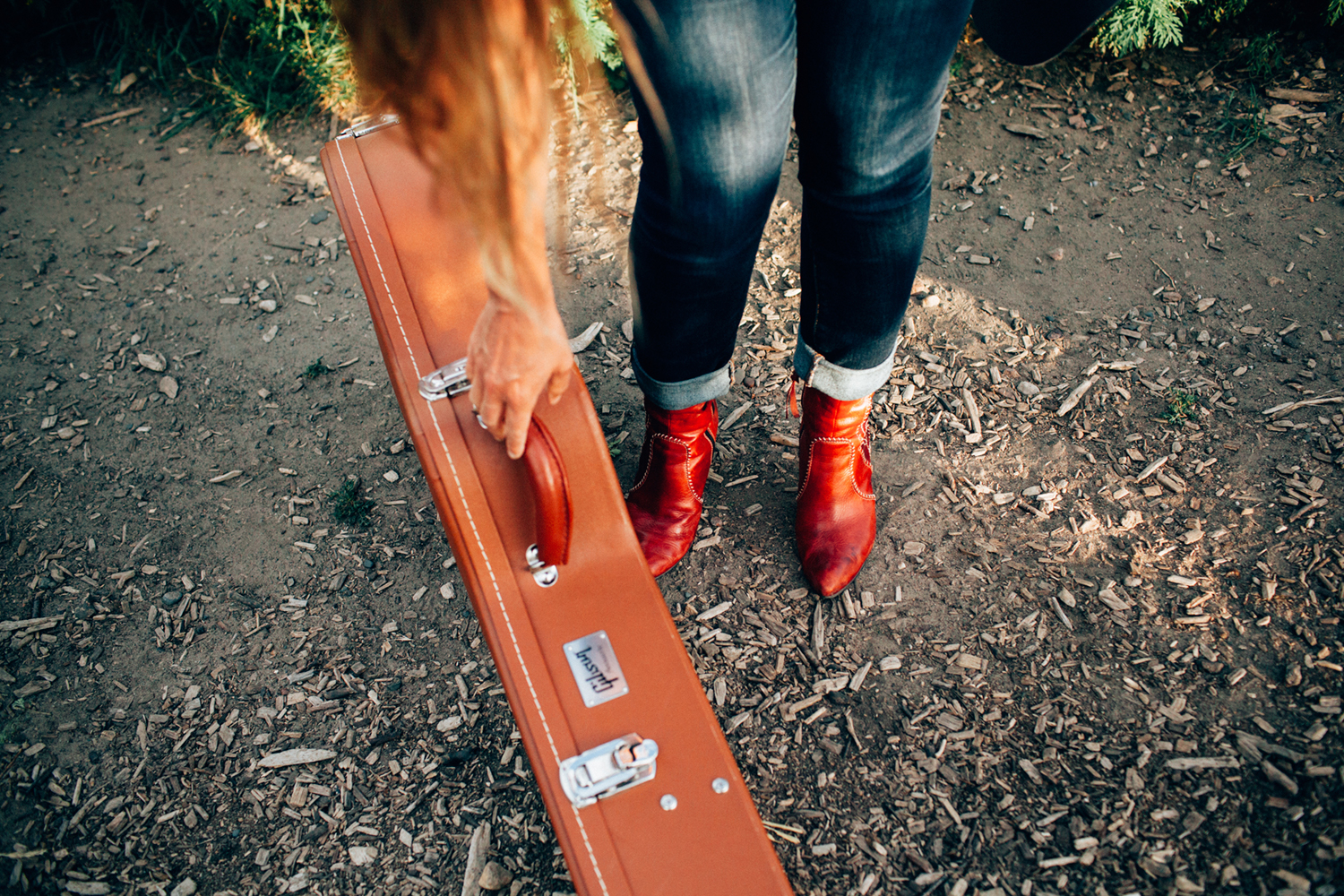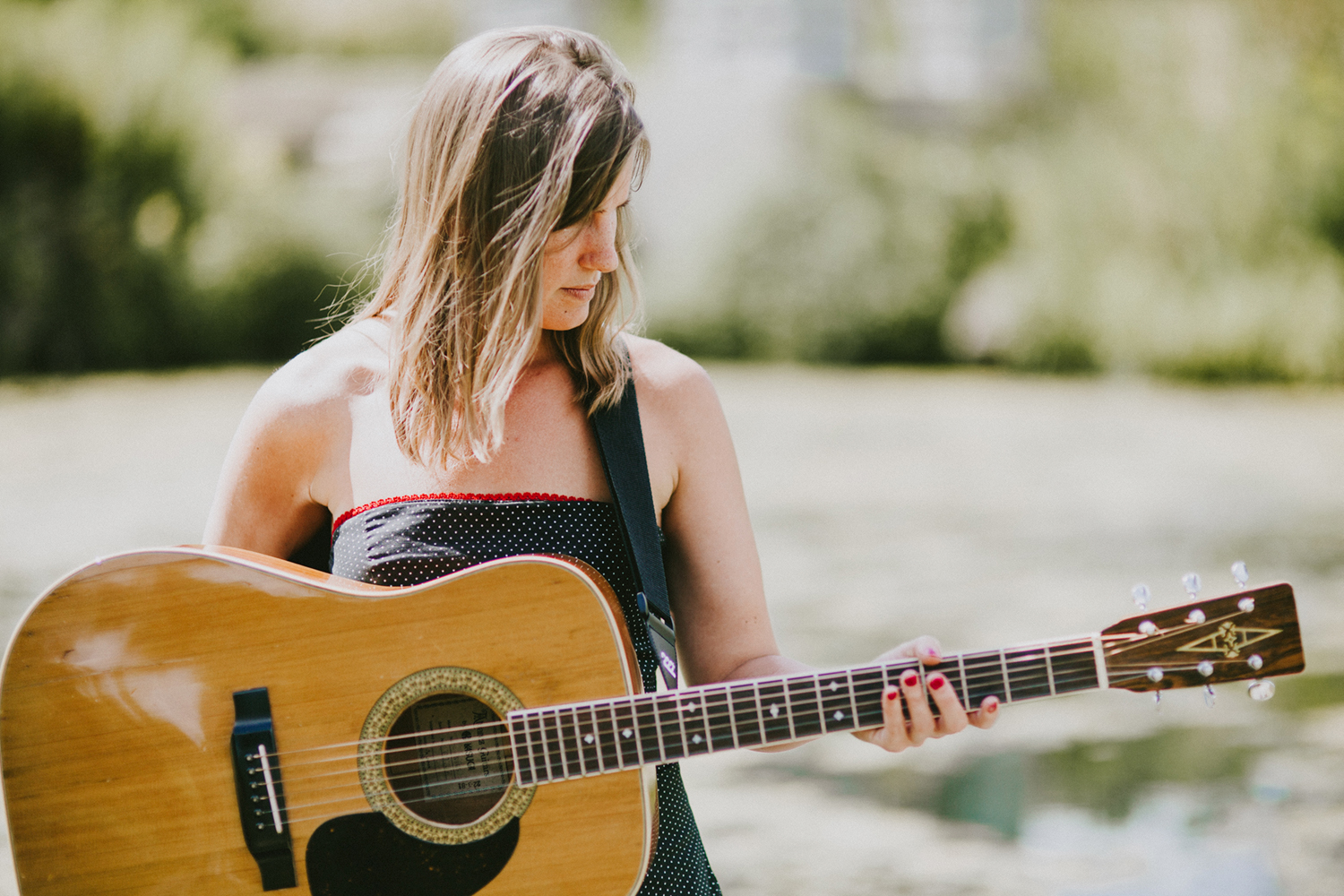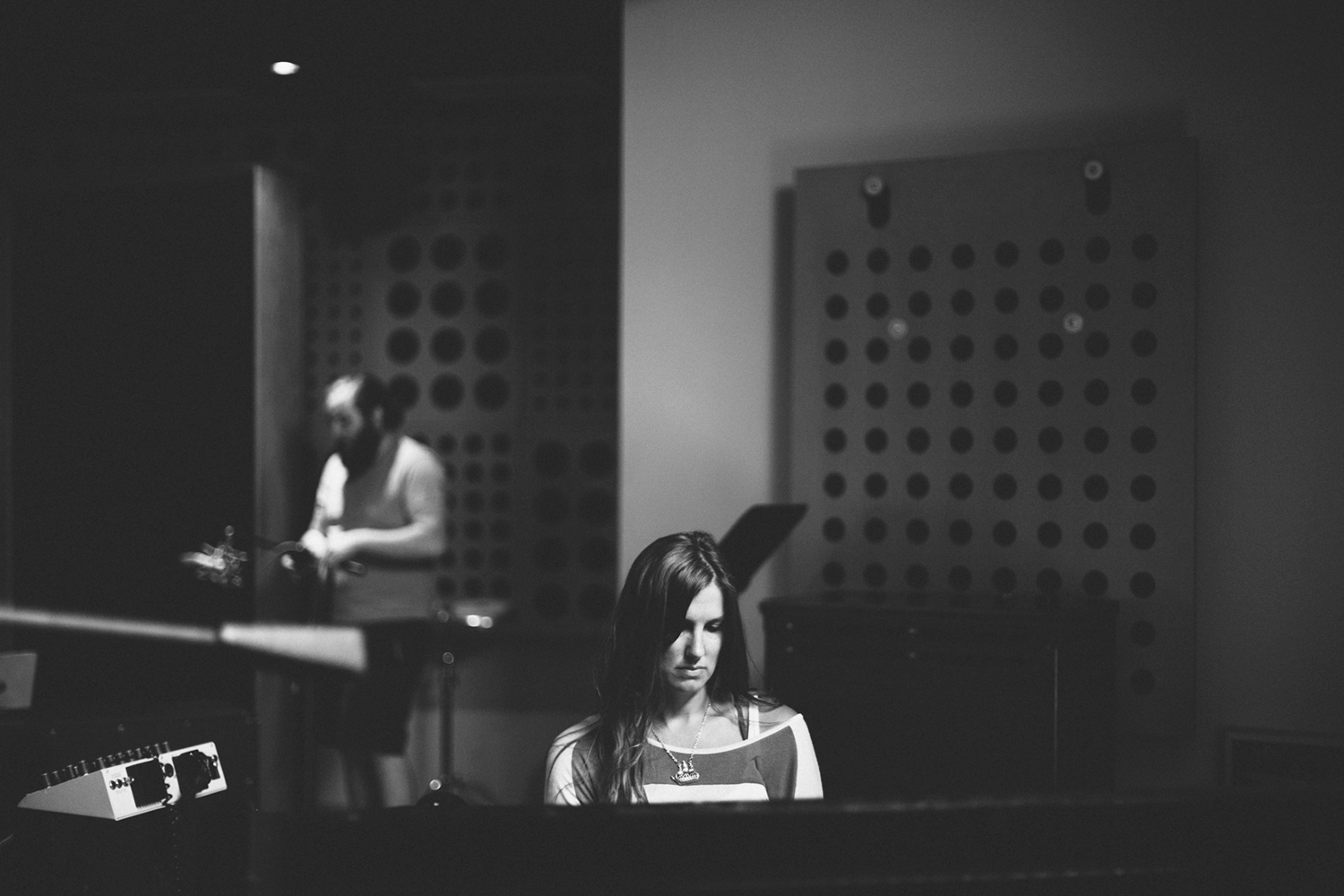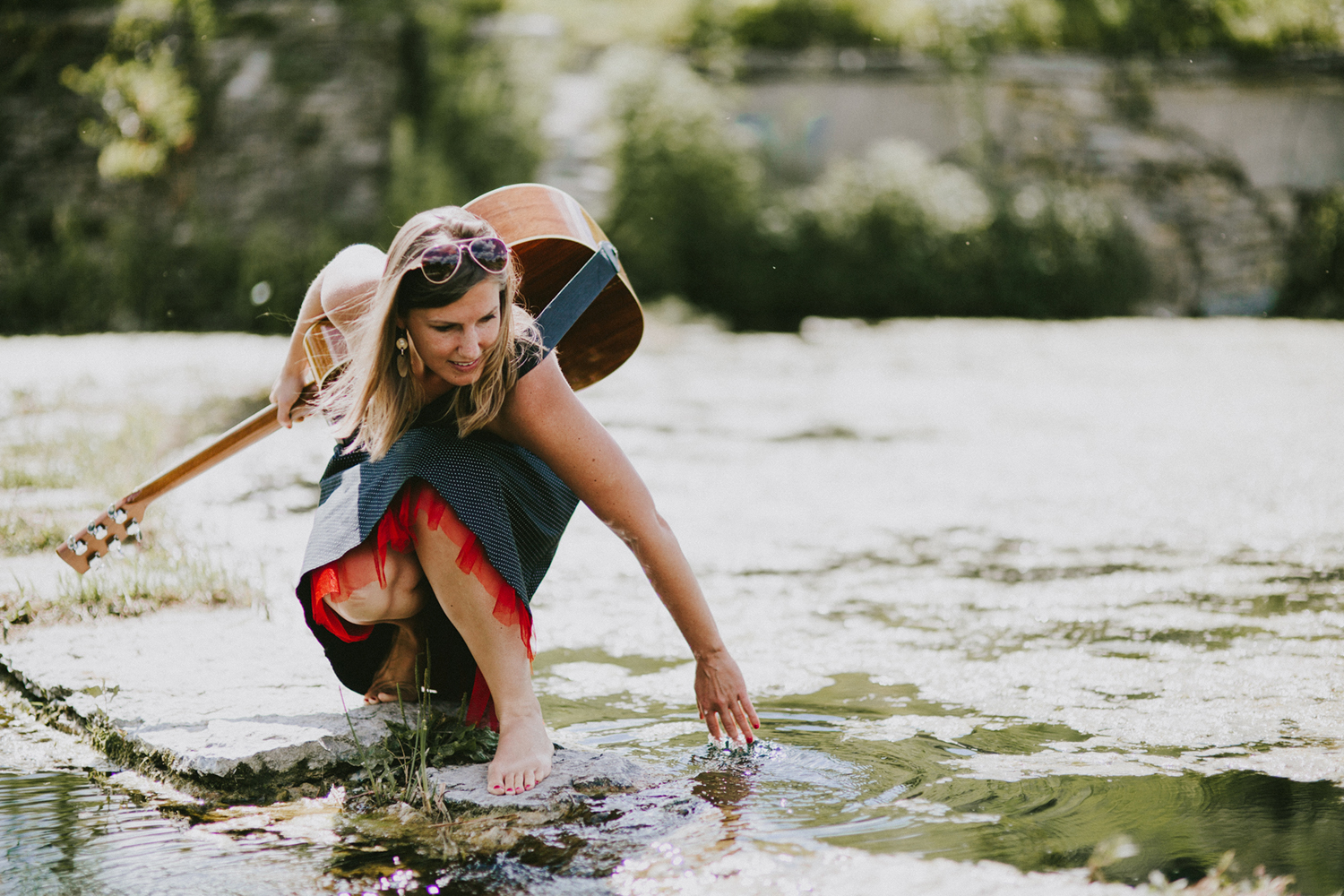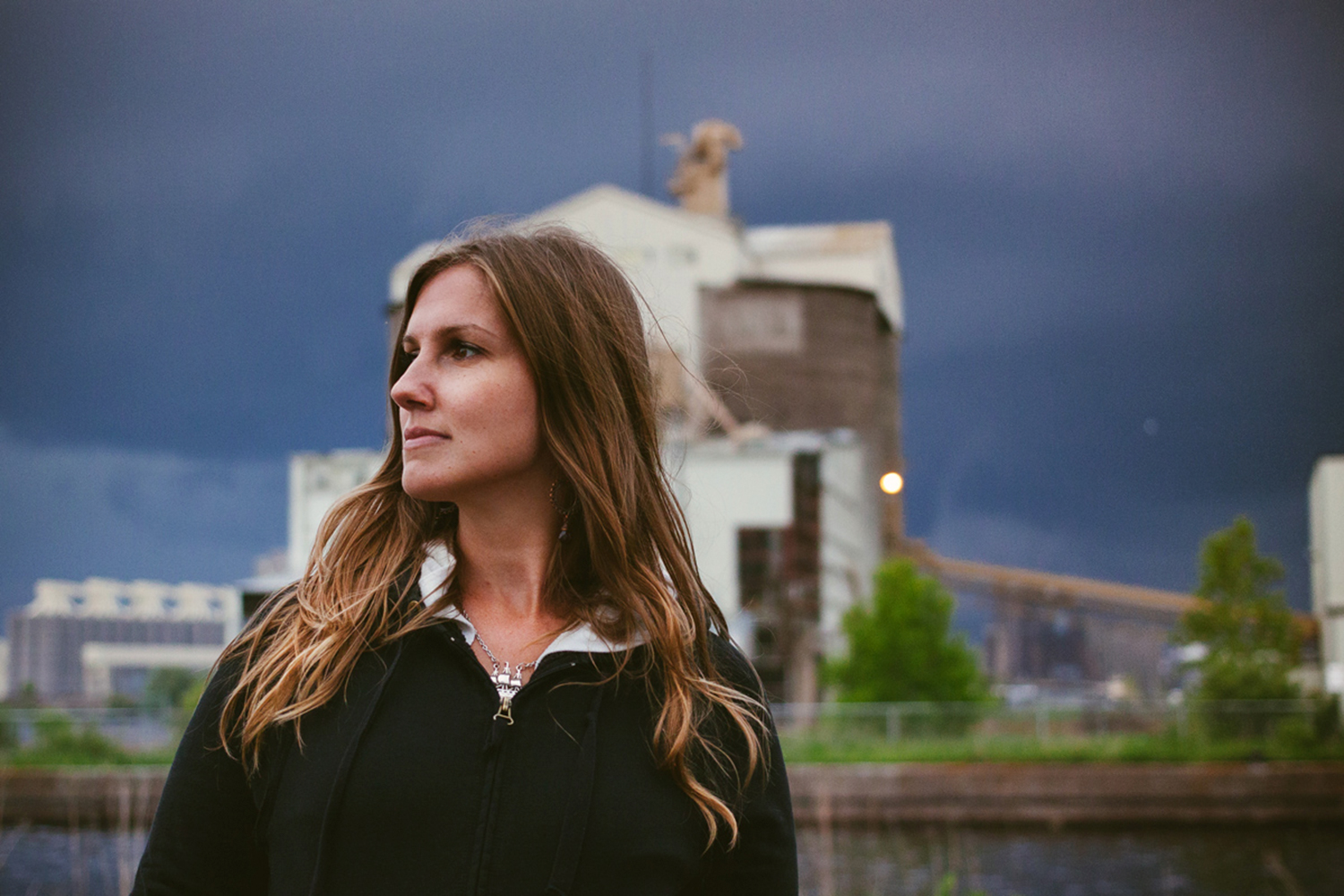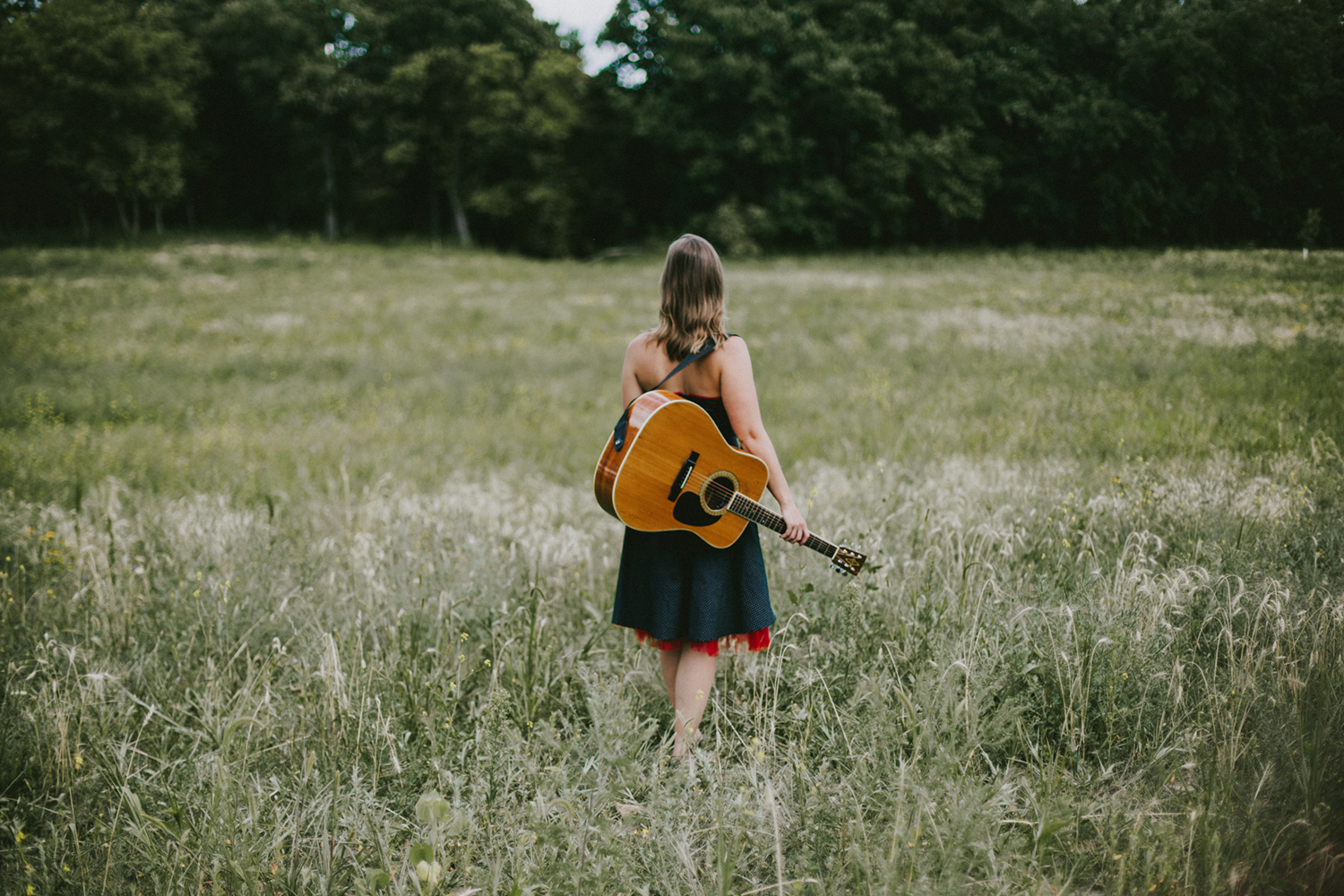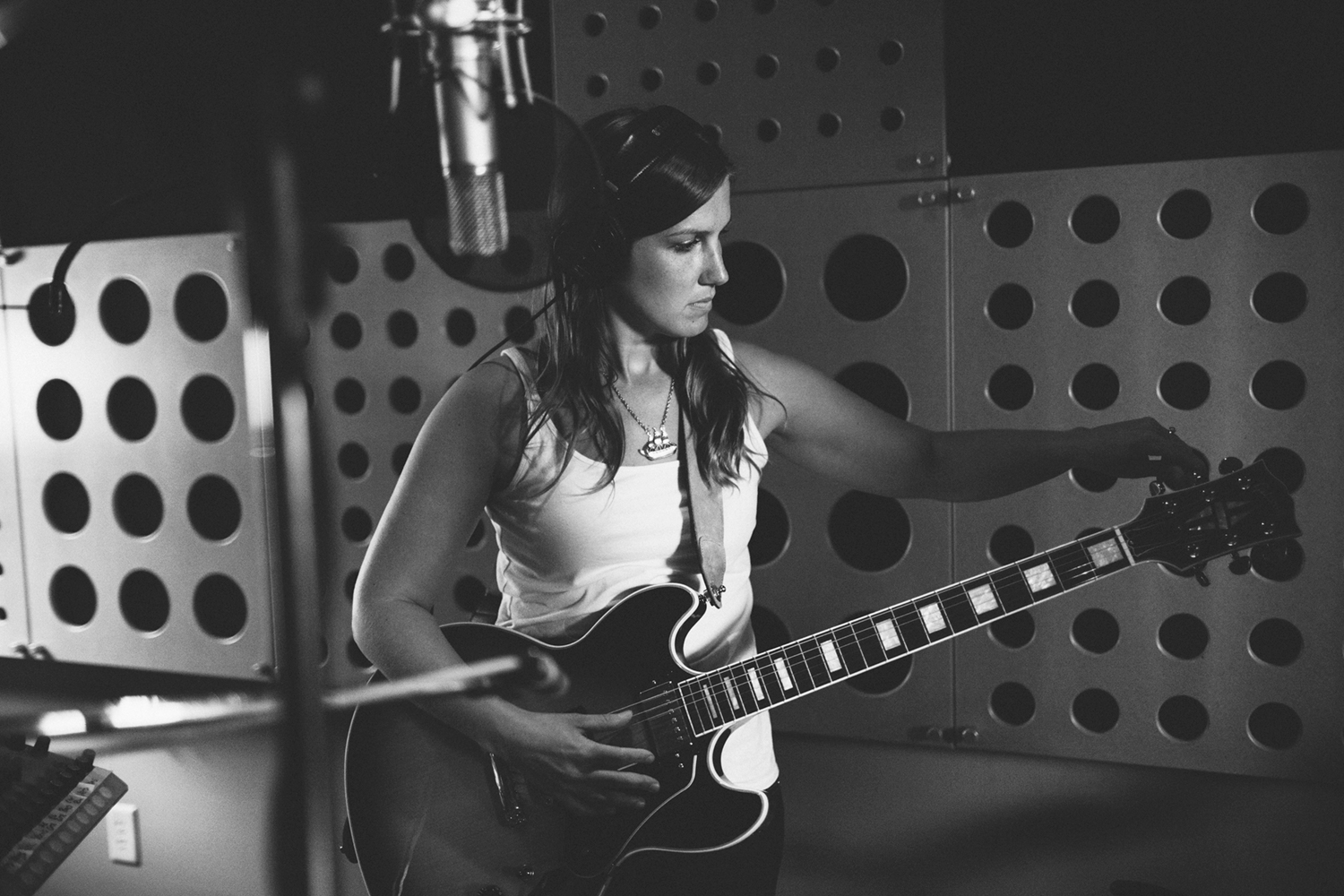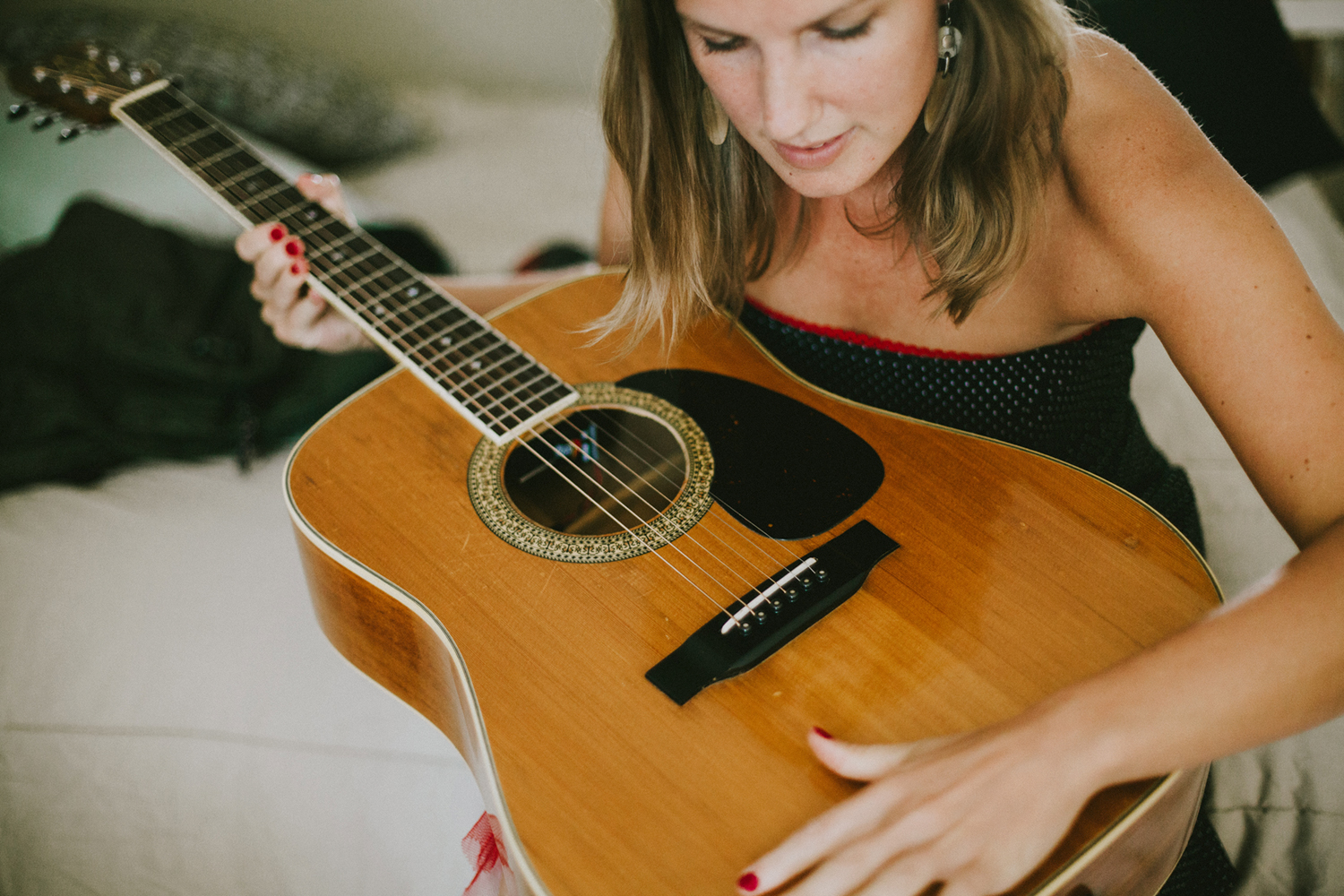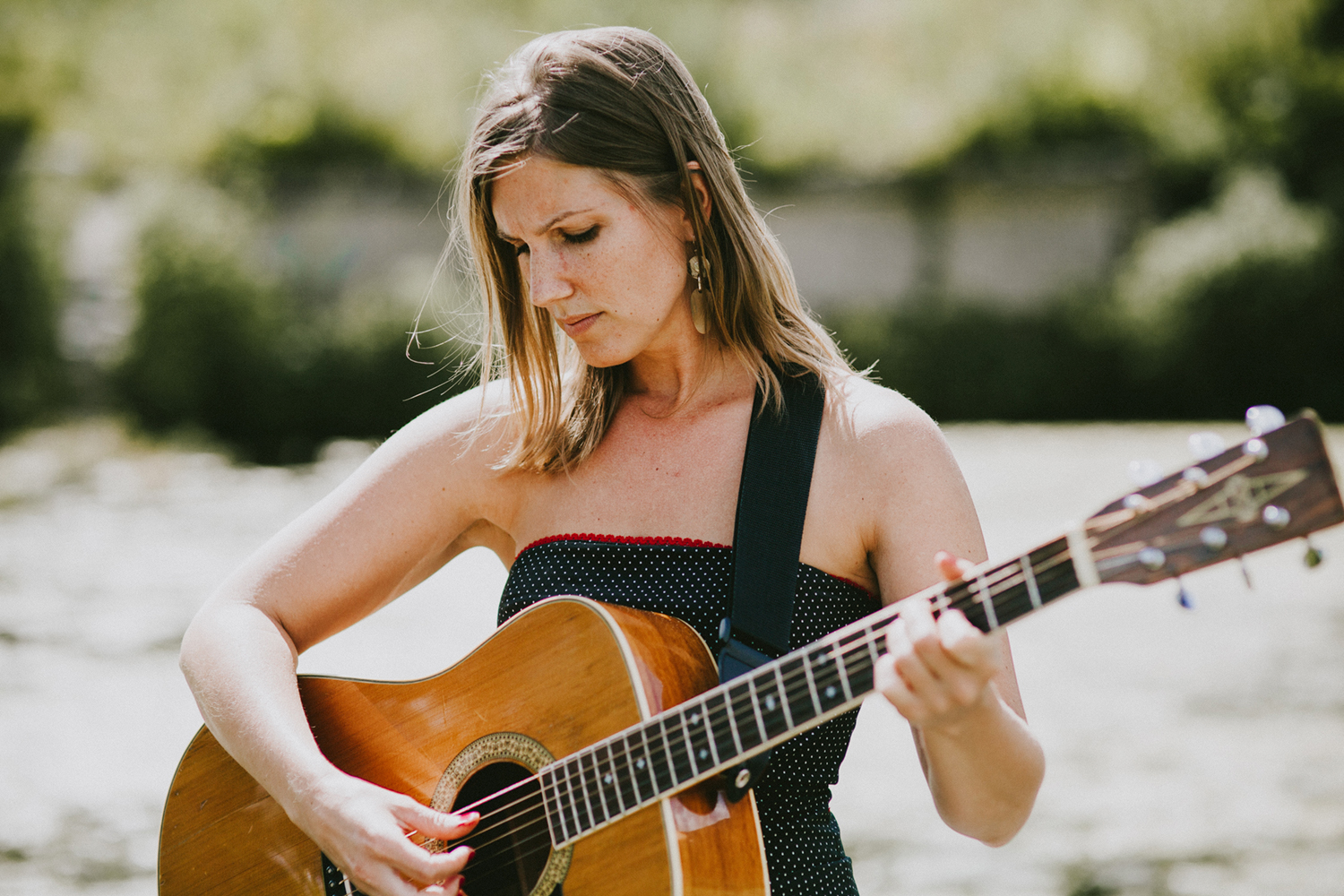LISTEN NOW:
SUMMARY:
“With performances including the Guthrie Theater, singing duets with Garrison Keillor on A Prairie Home Companion, opening for Atmosphere & Trampled by Turtles at Bayfront Festival Park, to being featured on the cover of Vita.MN magazine- representing one of the top 4 bands in the Twin Cities, you will find that Molly Dean truly does revel in the creative diversity of it all.” -Mollydean.net
“…A diverse performer and a quick study” -Garrison Keillor
Click here for Molly’s full bio.
Thanks for tuning in to our first A Face Project Podcast episode! There are a number of ways to listen, just click the audio link above or visit our “ways to listen page” in our menu bar. The photos above are select images from our interview with Molly Dean.
You can view images of all of our featured storytellers from the podcast on this website or in our quarterly print magazine.
Join us twice a month for new episodes featuring stories told by volunteers from around the world.
Photography for this episode: Natalie Jennings
NOTES:
[0:30] Molly talks about where she gets ideas
[3:00] Molly talks about creativity to her
[3:30] talks about her childhood and growing up
[5:15] Gives advice for herself and others
[6:30] Speaks on getting in touch with creativity
[9:15] Talks about criticism and how she overcomes it
[10:30] Creativity comes from inside of you
READ THE TRANSCRIPT:
“It sounds like silence, like I have to go and be completely unplugged. I have to go and be in nature, and I have to be really connecting with the part of me that believes in something larger than this external world, and for me it’s, it’s being quiet. And so that’s where I get ideas, that’s where, that’s where I, I feel vulnerable and fearless all at the same time. Because you have nothing to be afraid of when you are being creative.
“You have to be vulnerable, you have to be innovative, you have to be willing to take a risk, and when you are . . . For me when I’m connected to this silence, I feel completely unstoppable because I realize that the world isn’t holding anything for me. It’s what I discover about myself and how I express that that really matters, and that’s what I love about being creative.
“I grew up on twenty acres and we had some animals, and we had a really nice, big back yard. Lots of trees, lots of different kinds of trees and shrubs and all this swamp and . . . but we had this deck with a big railing that went around it, and I used to stand on top of that railing and play guitar and sing as if the yard was my, my audience.
“Everywhere that I’ve lived I’ve always found a place that physically I would go to and practice, or stay, or sing, or take a breath. It always brings me back to those moments when I was younger, and just kind of feeds that fire, because you always want to retap into that innocence that you have, of when you were a kid and everything was available and an option.
“I was one of those kids that carried around my blanket and my little plastic Fisher-Price record player, and I would just listen and listen and listen to that. You know, I wasn’t really one of those people that always knew I was going to be a musician. I just always knew that I loved these sounds, and I think that if you feed that, just as if you feed any sort of interest in your life, it will take whatever shape you allow it to.
“And one thing that I’ve learned over the years that may be a piece of advice that I tell myself everyday (laughter) pretty much, um, is to stop being so hard on yourself. Don’t be hard on yourself. Just, just get it out there, just write it down, just sing it out loud, just do, do whatever it is and you will find in that, find in that vulnerability that there’s really a sense of joy and pride in actually taking that step. But don’t be hard on yourself, because that may hinder anything that you have to give, and that’s a process, that is a huge process. I don’t think it ever ends really. I don’t think it should.
“And also you know, if you’re struggling with listening to that creative voice, a really great way to get in touch with that trust is to be supportive of other people that are trying to express themselves, even if it doesn’t really resonate with you or sit with you. Tell them, invest in them. Invest in them just by saying, “I like that song.” Or, “that’s a beautiful painting.” Or, “I really enjoyed your speech.” Or, “You really make me happy.”
“Because when you give of yourself in that way to someone who is putting themselves on the table, and being
vulnerable, that appreciation comes back full circle, a hundredfold. And I’m not saying anything new here. I mean this is, (sighs) this is pretty well known, but it’s always a good reminder. (laughs)
“I wanna walk my talk. I want to really be self-aware, and really listen, and really be vulnerable and put myself out there. You know, I’m not interested in telling people what to do or how to live or, really about who I am, or that sort of thing. It’s more like, what are you saying? What do you have to say for yourself? Like, what are you doing? Be that mirror in some sense, by really listening to what the gifts you feel that you have are, and being true to them.
“The longer I’ve been doing this, I think criticism has taken a role where it can’t really touch my creative voice, because I trust that more than I trust anything else. And yes it’s . . . the criticism is going to affect me, um, because you want to hear how what you’re doing affects other people, but I think that you can also decide how you’re going to carry it. Just like anything, you, you decide how it becomes a part of your world.
“As long as you’re coming back to understanding that your creativity comes from something in you, and that part of you is really completely your own space and your own opportunity, it’s pretty untouchable, I think, but it all comes down to listening to that creative voice that you have, because that is untouchable. And the more you make yourself vulnerable, in addition to being grateful, to have a chance and an opportunity to listen, the stronger that becomes, and criticism will come and go, but that’s just life, just like joys and sadness, you know? You want to live the entire spectrum, you know? It can’t be easy all the time, it shouldn’t be.
“I really believe that growing up, surrounded in nature, and having animals, and always being able to go back to that place . . . Mm-hmm.
“Because that’s pure—it’s just pure life, it’s pure innocence, it’s pure gratitude, you know? You have to be grateful. So there goes Molly Dean with her little Fisher–Price record player. (laughing)” •
